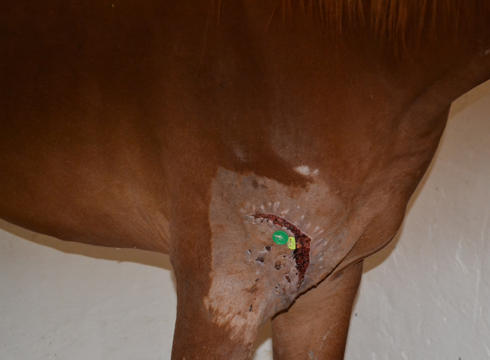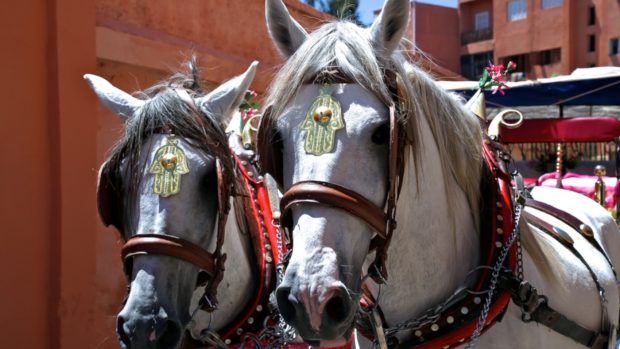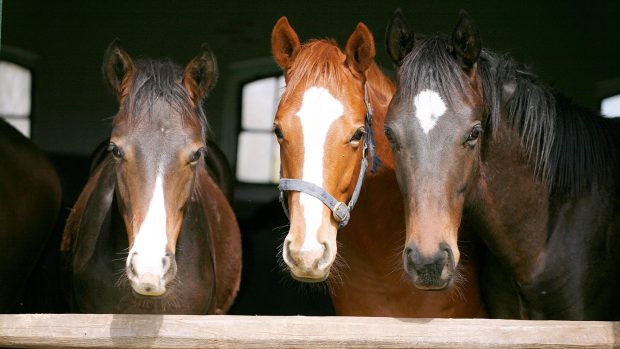In April we announced that SPANA had been chosen by readers to be H&H’s charity of the year. As part of our partnership with the charity, I was invited to go to Morocco to see the work they do first hand. I spent three days with the country director Professor Hassan Alyakine visiting three of SPANA's centres to see how they help improve the welfare of working equines in the country.
Rural life
On my second day in Morocco we travelled to the rural town on Chemaia where another SPANA centre is based. The centre is much smaller than in Marrakech and does not have the “luxury” of an operating theatre.
However, Dr Younesse El Ouasbi and his assistant Dr Kamal Lamhibi are not put off by the basic facilities and perform some impressive operations and achieve some amazing recoveries.
The centre did not have that many inpatients as it was due to be shut for August. Two of the patients — a horse and a donkey — were recovering from bite wounds from other horses. Dr Younesse explained how he has used buttons in both cases to help them heal. He uses the buttons to help to hold together stitches when there is dead skin (see pic).
The centre was also running its morning open clinic and had several dental cases in. Dr Younesse explained that is a big problem in the area because often owners do not understand that the animal is suffering. Both of the horses were rasped so that they could eat again in comfort (see video).
Practical solutions
A big character at the centre is Lancelot the donkey, who is part of the charity’s loaning scheme. The idea is that if an owner cannot live without his animal, while it recovers they can be lent Lancelot so that they can carry on with their work.
However, Lancelot was looking a little bit porky so maybe he was in need of a bit more work!
The centre also runs a very successful bit replacement scheme. This means that owners can exchange their bits — which are often either unnecessarily severe or sharp — for a simple loose ring straight snaffle.
Dr Younesse estimates that he exchanges around 30 bits a month saving the equines from mouth sores and lacerations. I looked through a box of some of the bits which had been handed in and they were horrific (see pic).
Moving through the country
After leaving Chemia we travelled the 250km north to Casablanca. What was startling about the journey — which passed through large rural areas of Morocco — was just how many working equines we passed.
It is slightly scary to think what happens to the animals which are not near a SPANA centre and made me realise why people are prepared to travel such long distances to use the service.
Read Sophia’s first blog from Morocco
How you can help
For more information about SPANA’s work or to donate please visit the SPANA website or text STABLE to 70500 to donate £3 to help SPANA horses in need.







